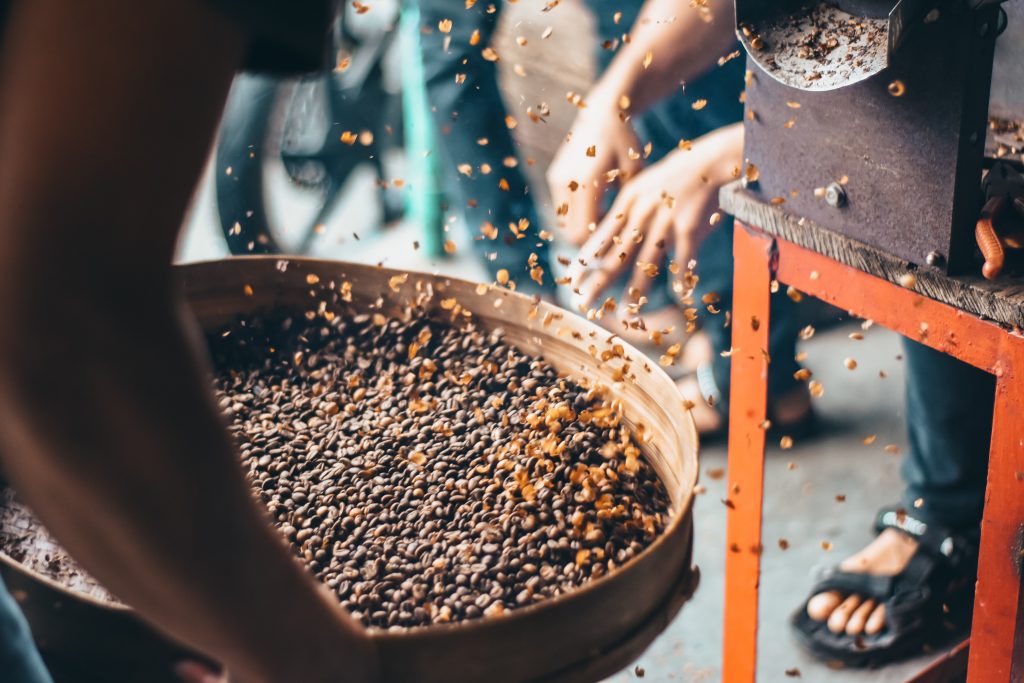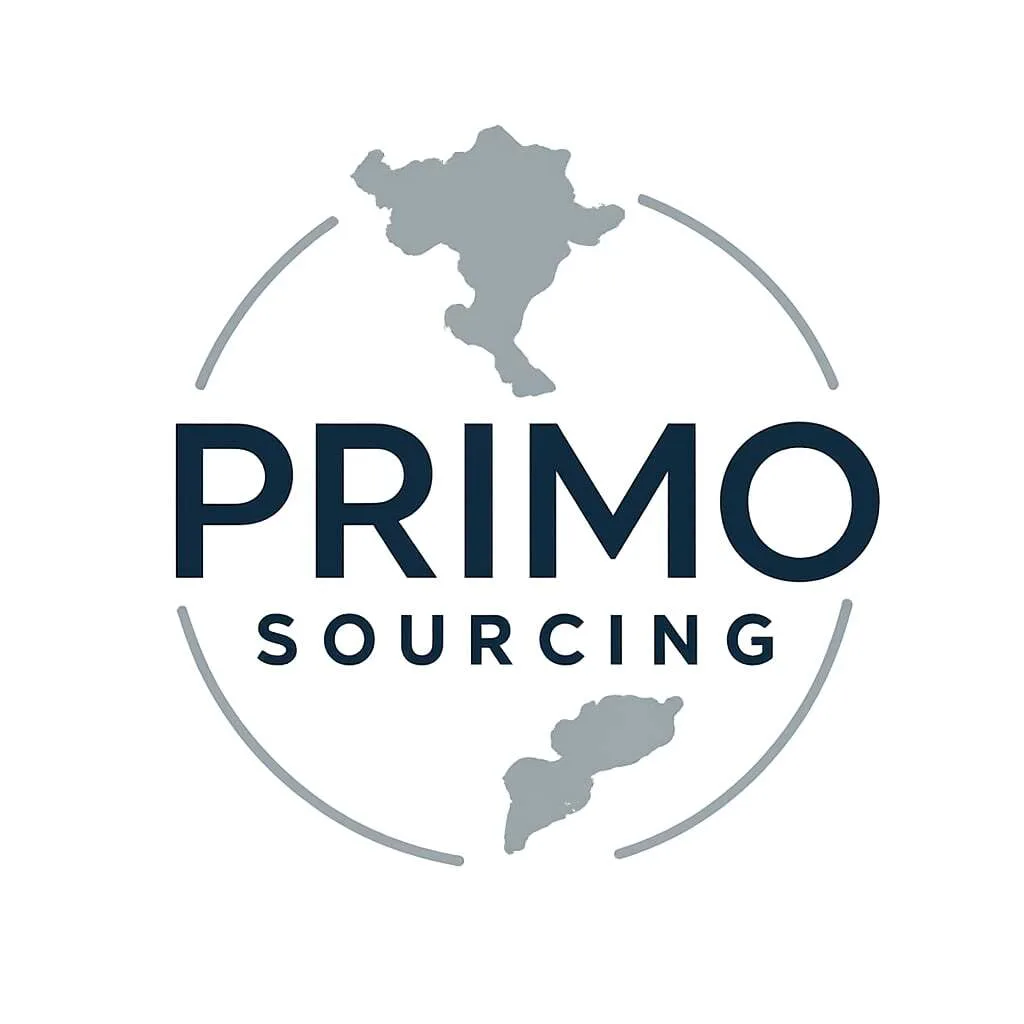According to preliminary statistics of the General Department of Vietnam Customs, in 2020, the whole country exported 1.57 million tons of coffee, with the turnover of 2.74 billion USD, the average price of 1,751.2 USD/ton, down 5. 6% in volume, down 4.2% in turnover but slightly up 1.4% in the price compared to 2019.
Particularly in December 2020, the whole country exported 139,046 tons of coffee, with a turnover of 253.23 million USD, priced at 1,821 USD/ton, an increase of 66% in volume, an increase of 57% in turnover but a decrease of 5.4% in price compared to the number in Nov 2020.

Ardi Evans- Unsplash
Germany is Vietnam’s largest coffee consumption market, accounting for 14.3% of the total volume and 12.8% of the country’s total coffee export turnover, reaching 223,581 tons, equivalent to 350.41 million. USD, the average price was 1,567 USD/ton, down over 4% in both volume and value, but increased by 0.4% in price;
Southeast Asia market ranked second in turnover, reaching 160,997 tons, equivalent to 328.36 million USD, down 9.8% in volume and 8.6% in turnover. Followed by the US market reached 142,482 tons, equivalent to 254.89 million USD, down 2.6% in volume but up 3.2% in turnover.
According to Haiquanonline.vn, Mr. Nguyen Quoc Toan, Director of the Department of Agricultural Product Processing and Market Development (Ministry of Agriculture and Rural Development), assessed that the domestic coffee price in 2020 decreased slightly in the first 6 months of the year and increased slightly in the last six months of the year.
Coffee inventories at warehouses around the world have fallen to the lowest level in many years, which is an optimistic signal that the coffee export market will improve in 2021. Vietnam’s major coffee import markets all of them suffered great losses due to the Covid-19 epidemic and continued to implement social distancing at a high level, increasing the demand for coffee at home. Along with that, information on vaccine testing will boost exports. It is forecasted that coffee exports will have many optimistic signals in the first months of 2021.
From a price perspective, Mr. Luong Van Tu, Chairman of the Vietnam Coffee – Cacao Association, said that with the current downward trend in global and Vietnamese coffee production, coffee prices may increase in 2021. The coffee market has experienced a four-year downtrend in a row. Therefore, coffee prices will recover in 2021 thanks to reduced production.
However, whether coffee prices recover or not will depend a lot on the recovery of the tourism industry after the Covid-19 pandemic. This is a huge coffee consuming industry, so as long as the tourism industry recovers, coffee will also recover.

Tyler Nix – Unsplash
Regarding coffee exports this year, one of the favorable factors that can be seen is to better take advantage of opportunities from the Vietnam-EU FTA (EVFTA) to promote exports. According to Deputy Minister of Agriculture and Rural Development Le Quoc Doanh, with the implementation of the EVFTA Agreement, the EU has eliminated taxes for all unroasted or roasted coffee products (reduced from 7 to 11% to 0%); processed coffees from 9-12% down to 0% at the time of entry into force of the Agreement.
At the same time, among the 39 geographical indications of Vietnam that the EU is committed to protecting when the EVFTA officially comes into force, there is a geographical indication on coffee. This is a huge competitive advantage for Vietnam’s coffee industry compared with competitors in the EU market.
However, meeting the technical standards of the EU to enjoy preferential tax from EVFTA is not simple, it takes a lot of time and efforts of enterprises. In order to continue implementing the EVFTA Agreement effectively, the Ministry of Agriculture and Rural Development suggested that localities continue to guide people to produce certified coffee required by EU importers, with clear and transparent traceability; at the same time speeding up the application of scientific and technical advances in planting, tending, harvesting, preliminarily processing and preserving coffee products.
In addition, the Ministry of Agriculture and Rural Development also suggested that localities change the set of coffee varieties in the direction of improving quality, increasing market share of specialty coffees, continuing to register geographical indications, and building trademarks for their products of their area.

